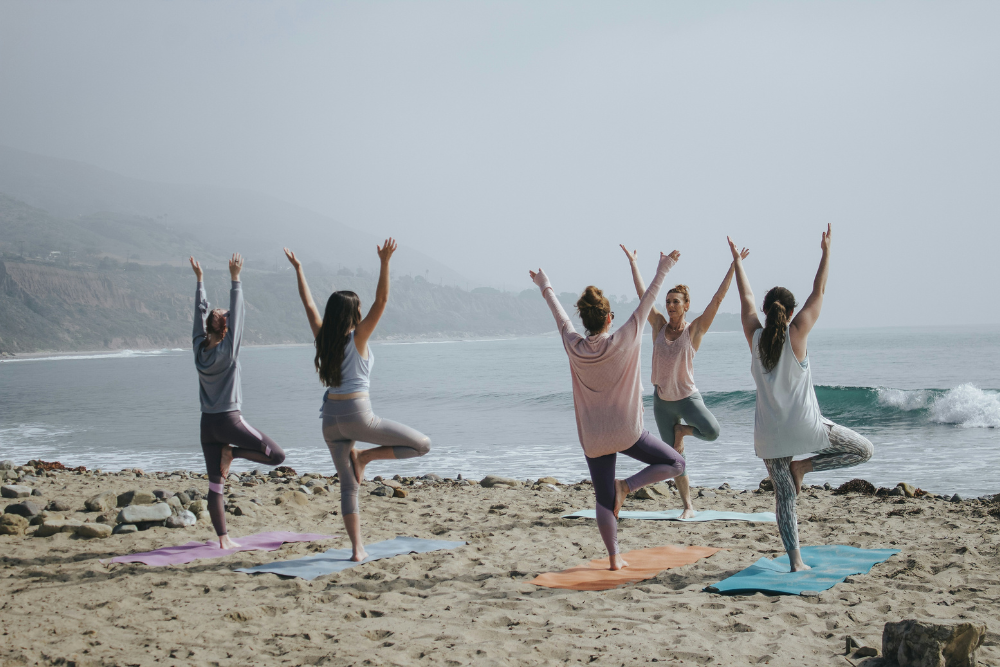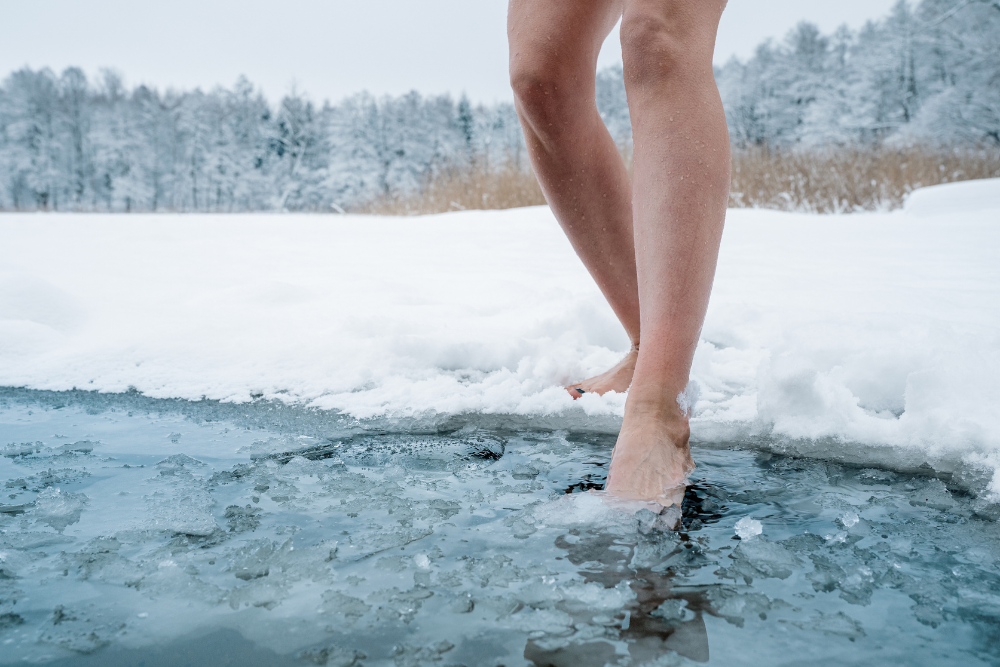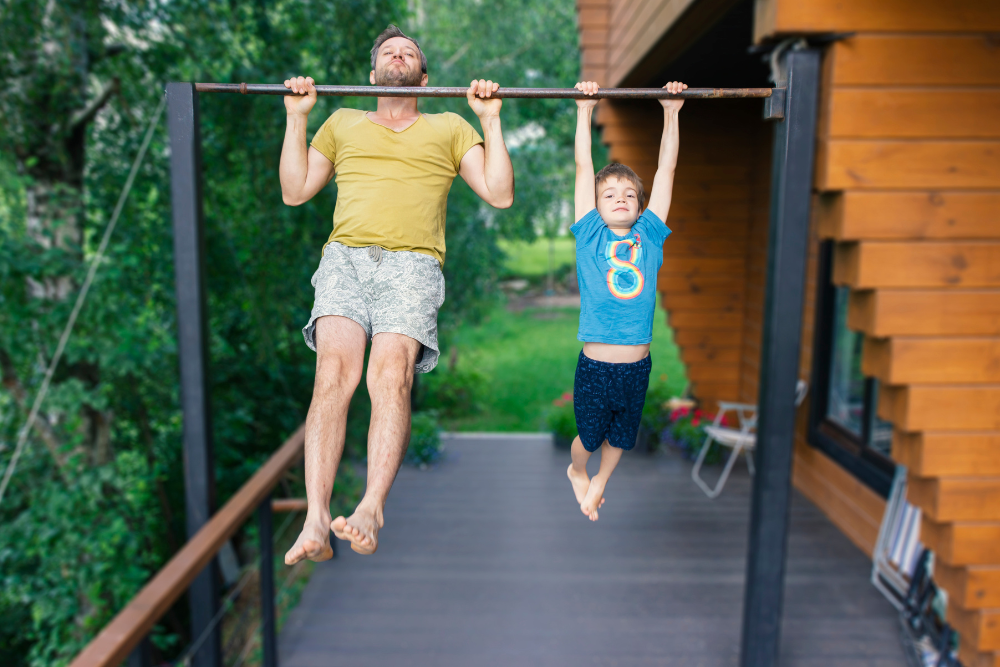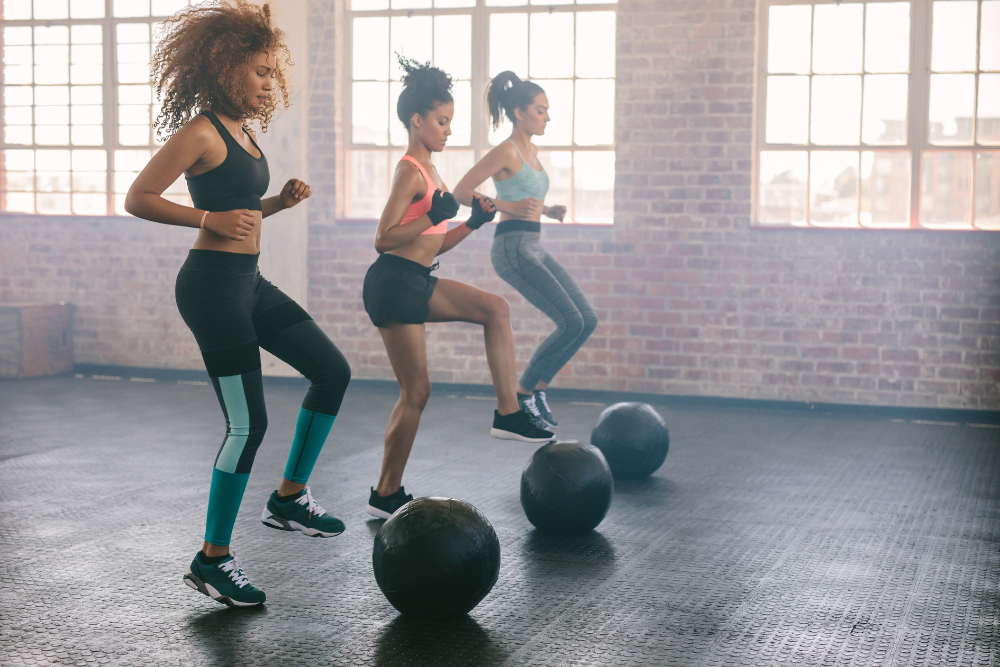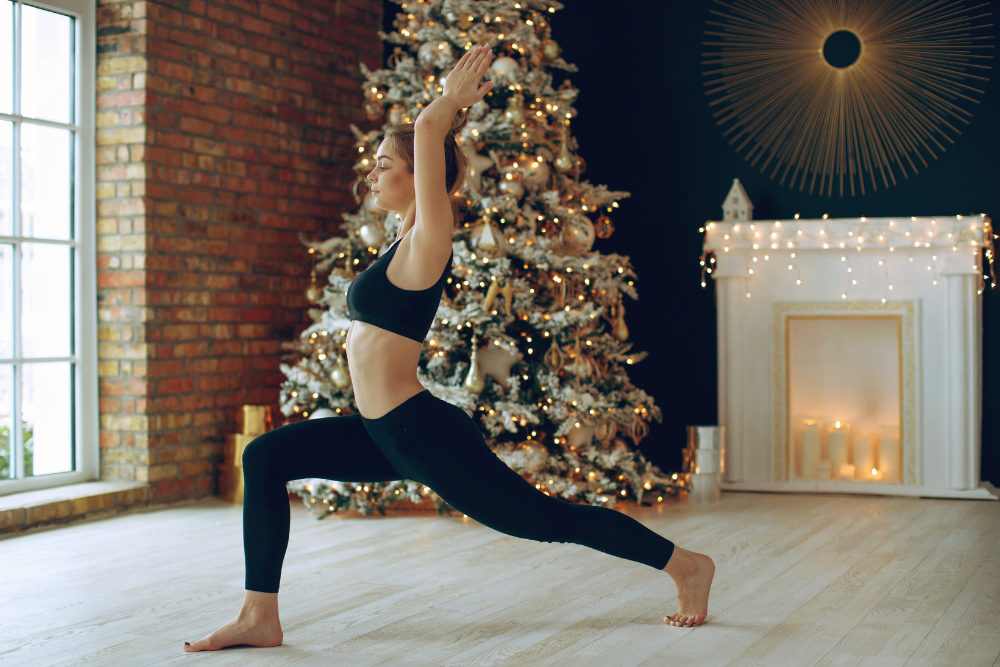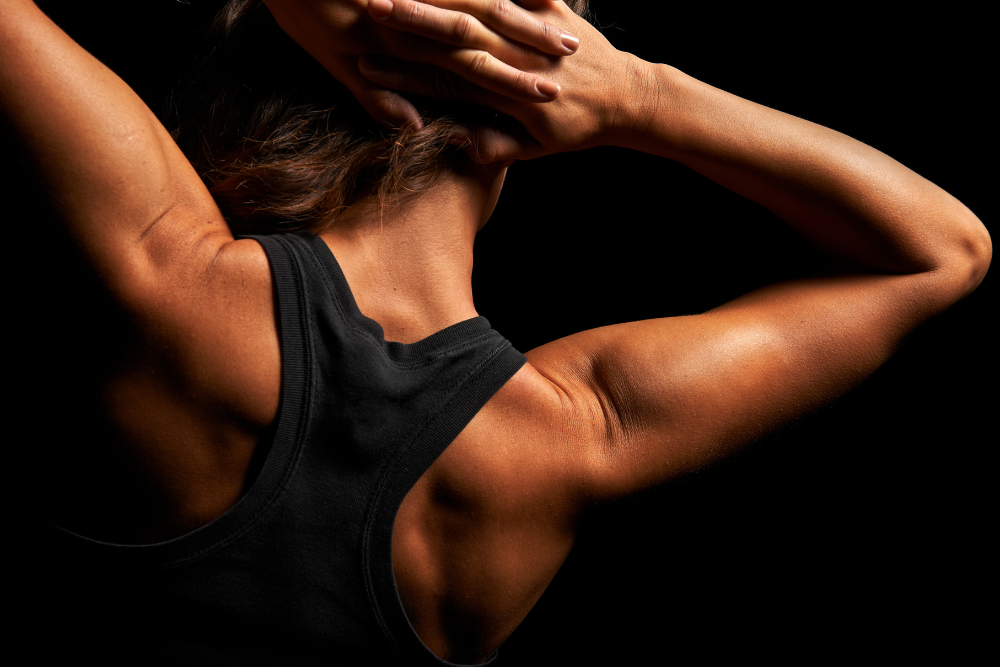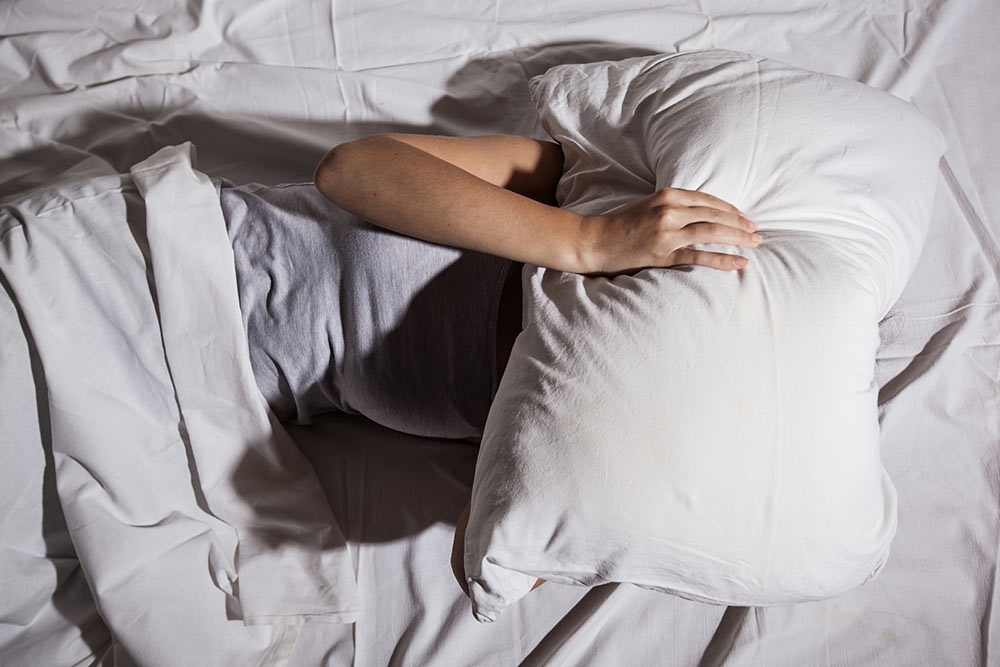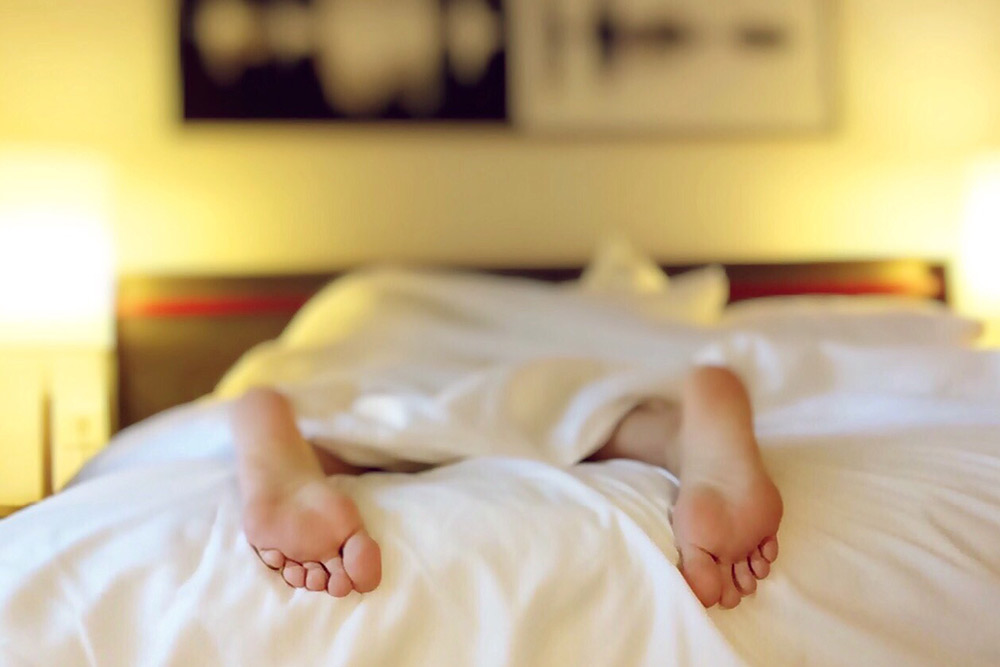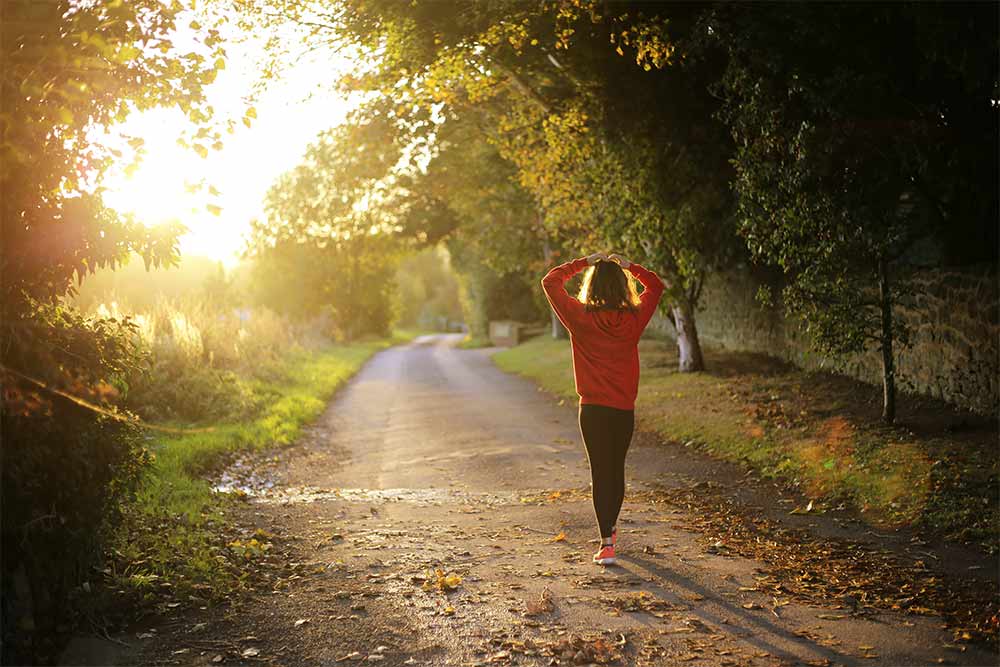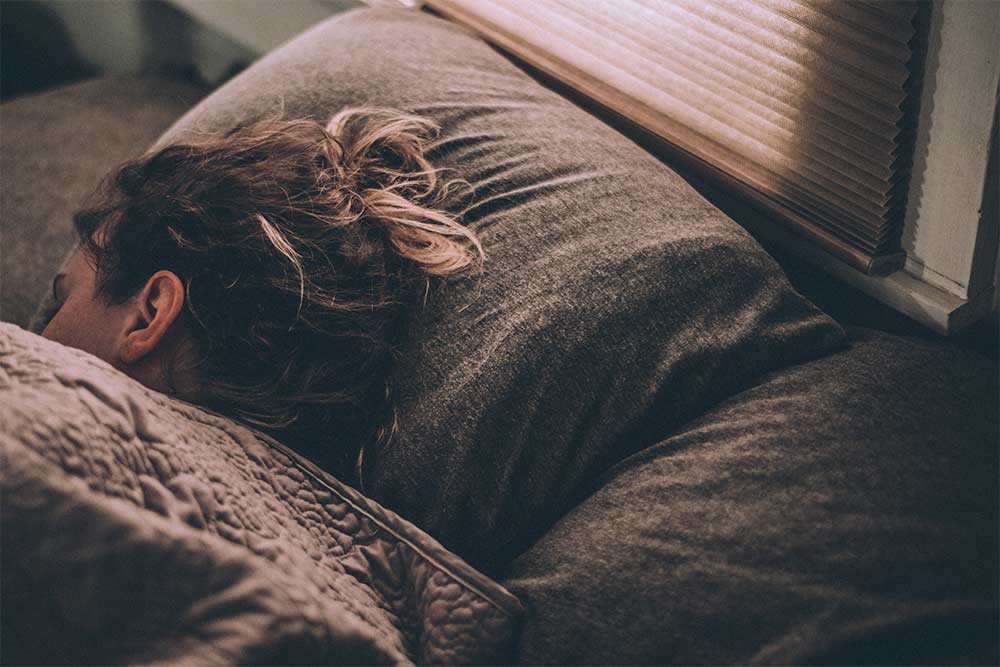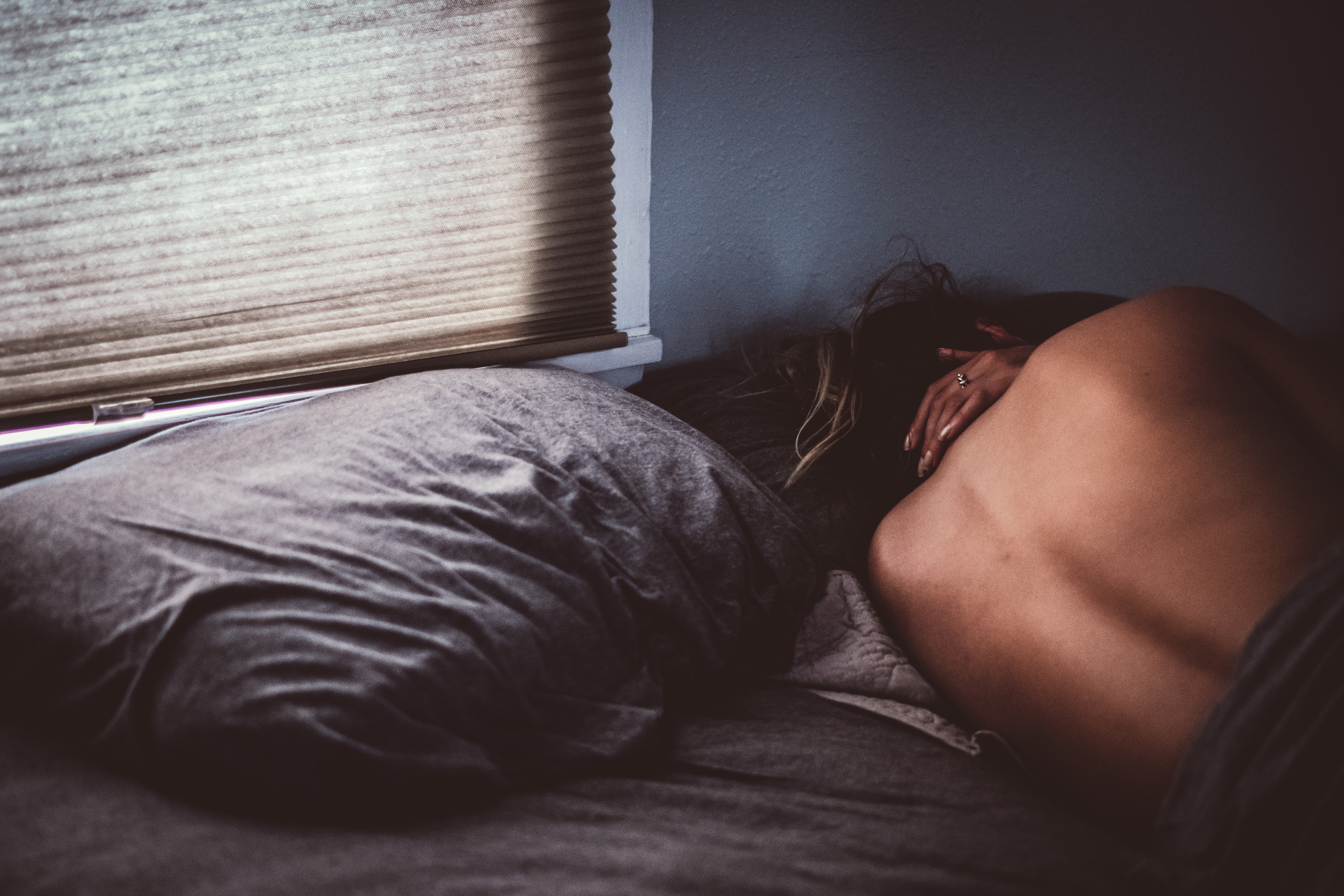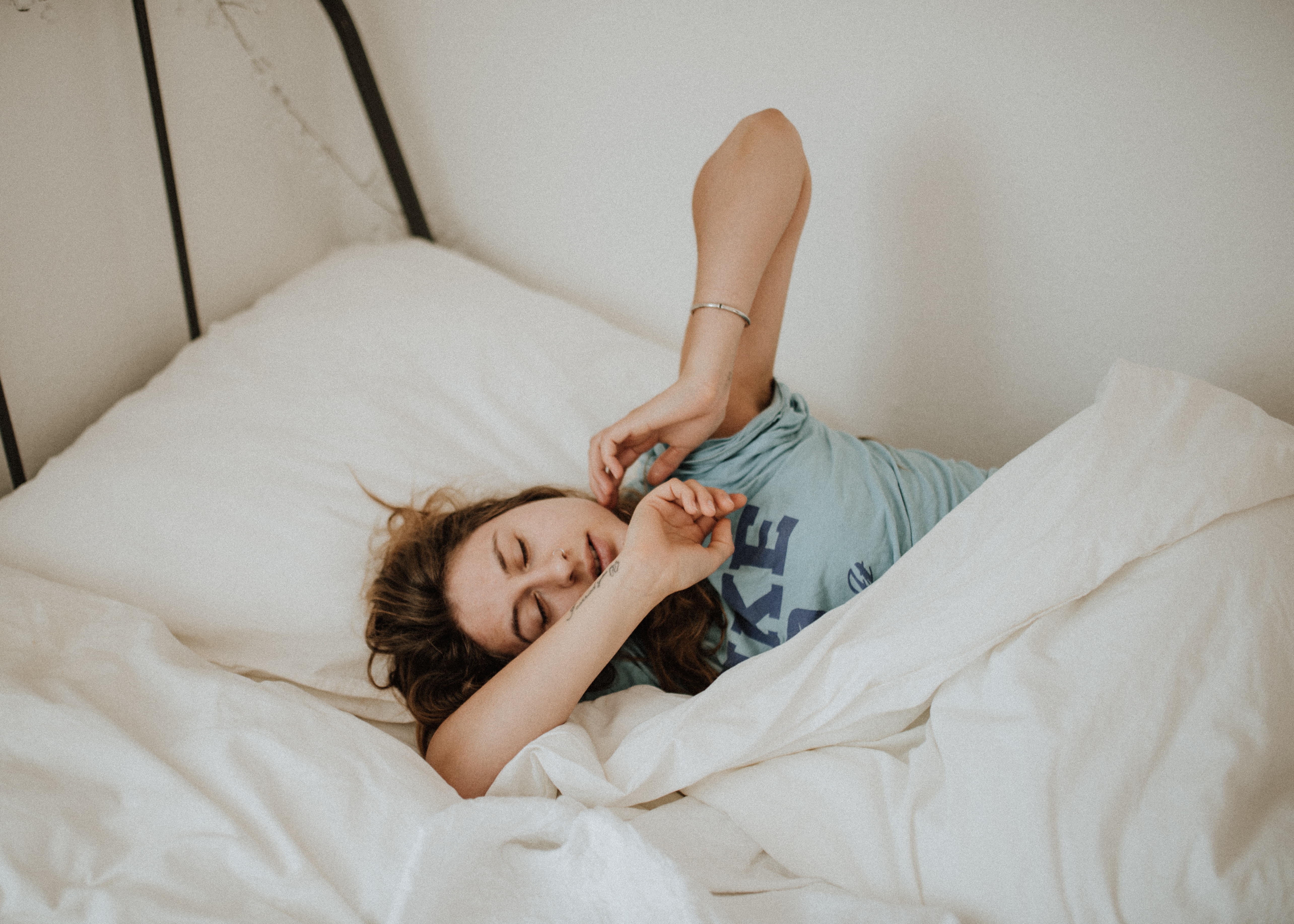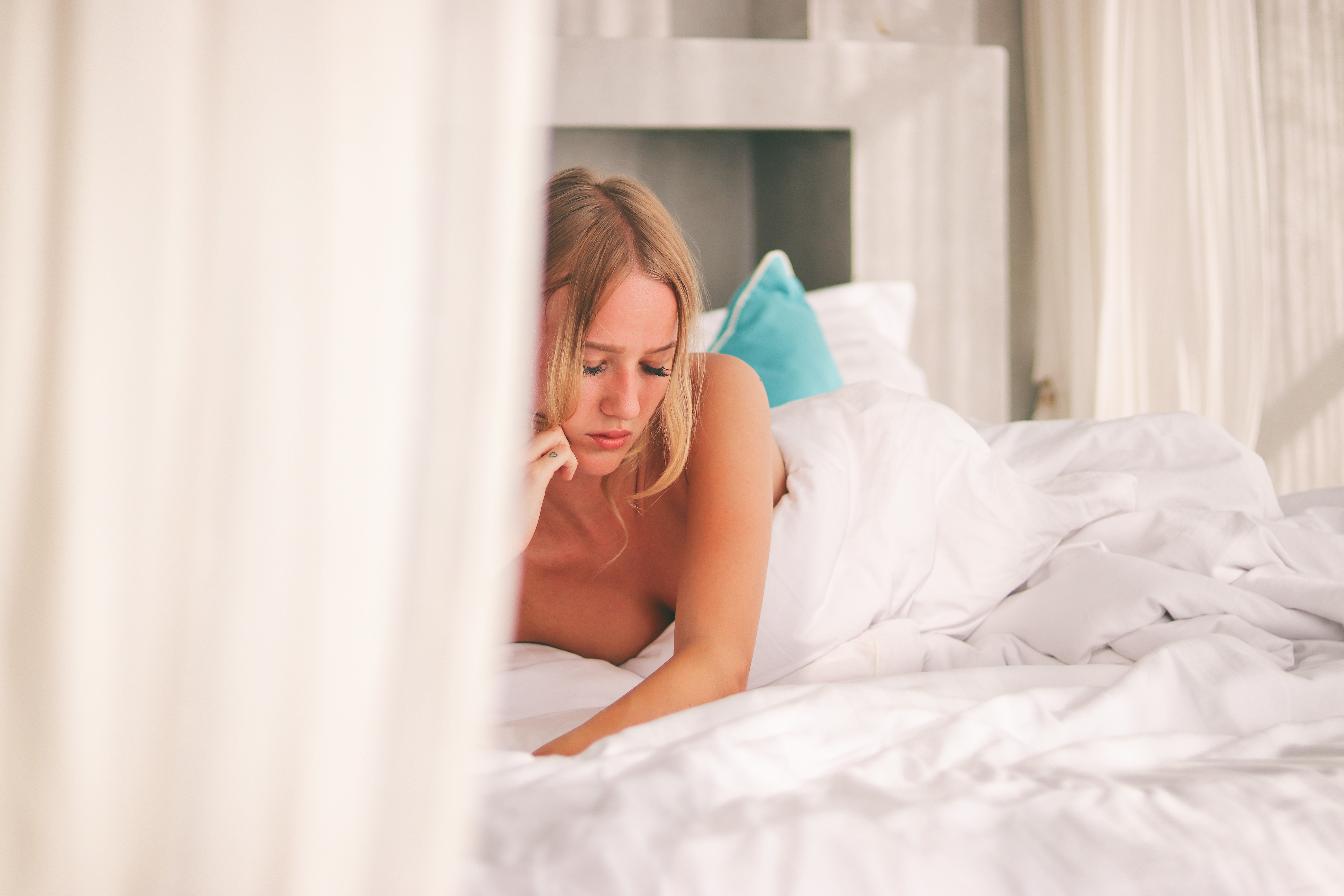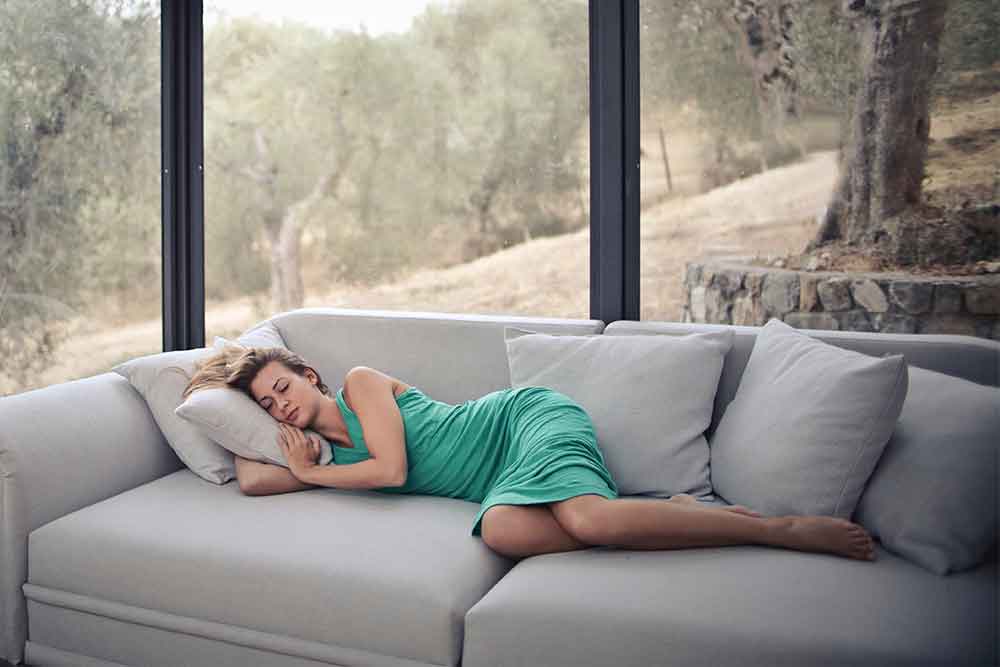4 Tips for Balancing Sleep & Exercise
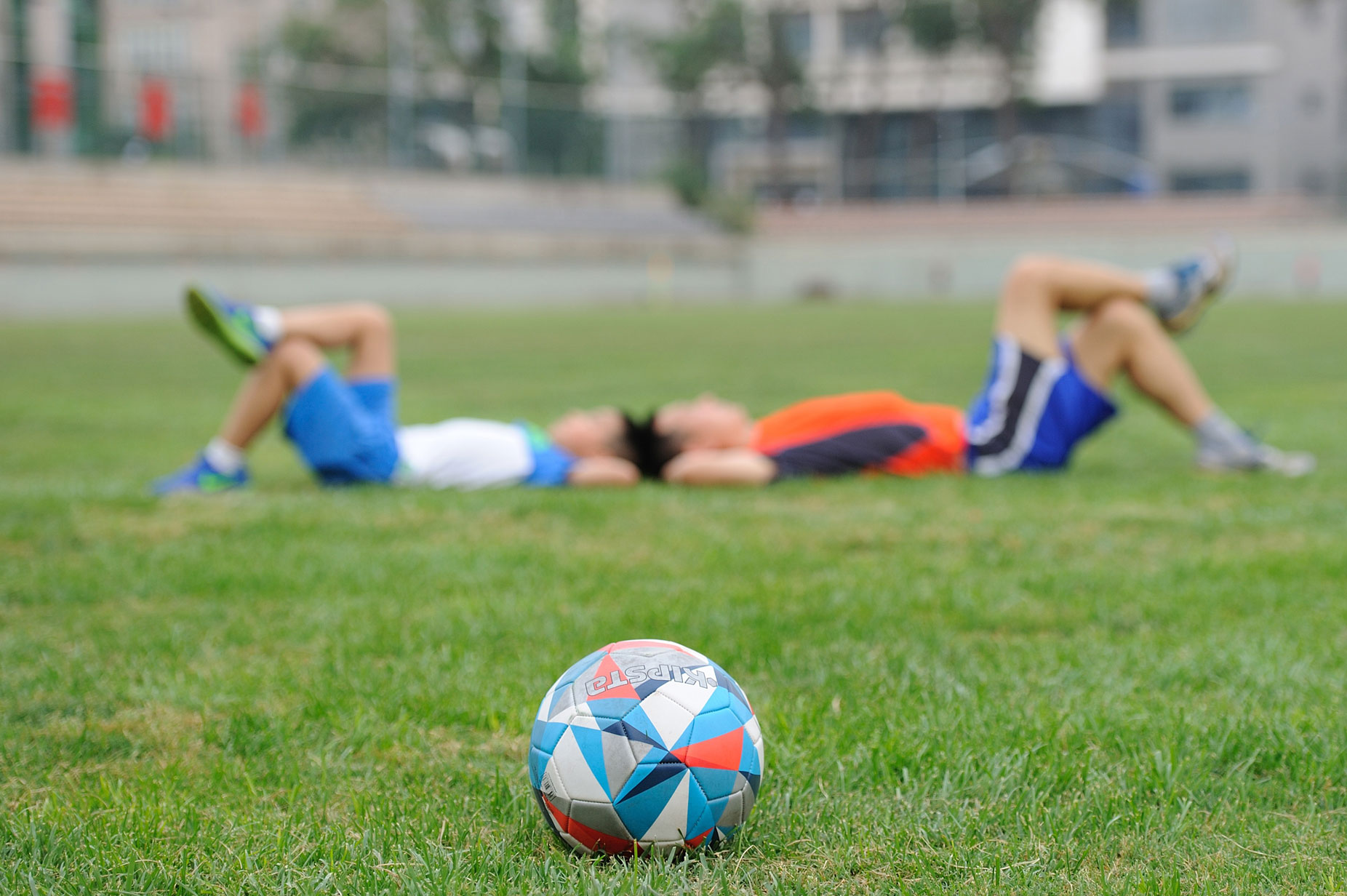
Gillian White, HBSc, MSc, PhD (C)
One element of our training regime that is critical to making training gains and performing better in all aspects of life, from muscular strength and endurance to learning and memory, is sleep. This is the time when our body’s organs that have been on demand all day have time to rest and repair. Muscles build, brain cells make connections, the heart slows down, and an active recovery process can take place to not only repair tissues stressed throughout the day but actually build these tissues to make them stronger/more useful. A few things happen during sleep that allow these processes to occur:
- The sympathetic nervous system (our ‘fight or flight’ system) becomes less dominant.
- Our parasympathetic nervous system (our ‘slow down and repair’ system) becomes more dominant.
- Our brain cells shrink to allow lymphatic fluid to circulate past each of them, clearing out the built up wastes from the day.
So to get the most bang for your buck after a hard workout, (or music/pottery/any class or learning event) a good night’s sleep is your ally in providing an opportunity to your body and your brain to have time and opportunity to mobilize the resources to build your systems. But of course, that is easier to say than do. In a busy life where we need to fit in work, proper nutrition, exercise, time with friends and family, a hobby or two, and whatever else is on the schedule, sleep often takes a backseat. Worse than that, lower quality and duration of sleep become one of the most common health complaints as we age. So how can you use exercise to help you sleep better and be more effective at crossing those other to-dos off the list?
How Do I Go About Balancing Sleep & Exercise?
The relationship between exercise and sleep can be a little confusing: on the one hand, people who are regularly active report fewer sleep disturbances and lower incidence of sleep conditions. On the other hand, when we exercise, it increases our level of arousal, making us feel more alert, and therefore, harder to fall asleep. A recent study by Myllymaki et al. (2012) in the European Journal of Applied Physiology compared sleep quality and heart rate measures after different levels of exercise intensity and duration.
The exercise was done at 6pm each night (like an after work workout – pretty standard for a lot of us “non-morning” people). It consisted of a 30-minute bout at 40% (easy, i.e. brisk walk), 60% (moderate, i.e. jog), and 75% (vigorous, i.e. fast-jog, hard to sustain) of their aerobic maximum, as well as 30, 60, and 90 minutes at the 60% pace (5 workouts overall). They found that heart rate during sleep was increased with the increasing intensity and duration of exercise. They also found that the recovery of heart rate variability, a measure of physiological disturbance, was slower for more intense or longer exercise.
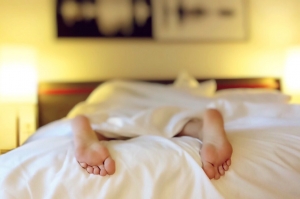
What was interesting was that despite the effects of exercise on the participants’ heart rate and recovery, the quality of sleep (measured by questionnaire and motion sensor data) wasn’t reduced. The authors suggested that the drive to sleep induced by exercise seems to override the excitatory effect, resulting in no net change.
However, with the higher heart rate and sympathetic nervous activity observed, the physiological opportunity to recover may have been reduced. Other studies investigating the body’s stress response to exercise have found that these excitatory effects have returned to normal by bedtime when the exercise is performed in the morning or at least 9h before bedtime (Hautula 2001; Jones 2009).
Further Research Into Sleep and Exercise
This drive to sleep, as induced by exercise, has been previously studied by Driver & Taylor (2000). They observed an increased sleep duration, increased slow wave sleep, and delayed REM sleep following moderate to high-intensity exercise. While sleep duration can often be a luxury, alarm clocks can determine sleep duration as much as physiology. And the observation that slow wave sleep can be enhanced is important for recovery. Slow wave sleep is when the majority of recovery occurs for both the body and the brain.
This is when brain cells shrink, allowing cerebral fluid to wash away wastes that have built up from processes of mental exertion throughout the day. These wastes are linked to dementia and Alzheimer’s, among other diseases. Slow wave sleep also releases hormones from the brain, which favor the build-up of tissues. This is critical for exercise adaptation and maintaining good health of our internal organs’ functioning. Interestingly, their results indicated that the exercise bout needed to last for at least an hour to get these immediate sleep benefits.
So the next time you’re pushing bedtime off, trying to get those last few tasks on the to-do list completed, consider this: sleep helps you perform more effectively. Exercise helps you sleep. If you prioritize sleep, not only will it help you achieve your daily goals faster, you’ll also be doing your health and fitness a favor. From FTG, give the sheep a rest and lace up your runners!
Tips For Optimizing Sleep + Exercise Habits
- Exercise early in the day – this will jumpstart your productivity (exercise improves brain function) and reduce any excitatory effects that might impair sleep onset.
- Exercise at a moderate to high intensity for an hour – while you can probably get away with shorter duration when the intensity is high, a full hour of exercise is best for promoting a good night’s sleep that evening.
- Consider tracking your sleep with a Sleep App to monitor your own habits – while many of us think we’re getting enough sleep, nothing makes you face the music of reality like numbers from your smart phone. Lots of great apps are available and many of them are free!
References:
Driver HS, Taylor SR (2000) Exercise and sleep. Sleep Med Rev 4:387–402.
Hautala AJ, Kiviniemi AM, Tulppo MP (2009) Individual responses to aerobic exercise: the role of the autonomic nervous system. Neurosci Biobehav Rev 33(2):107–115.
Jones H, George K, Edwards B, Atkinson G (2009) Exercise intensity and blood pressure during sleep. Int J Sports Med 30(2):94–99
Myllymaki T, Rusko H, Sycaoja H, Juuti T, Kinnunen M & Kyrolainen H. (2012) Effects of exercise intensity and duration on nocturnal heart rate variability and sleep quality. Eur J Appl Phys 112:801-809.You Might Like:

